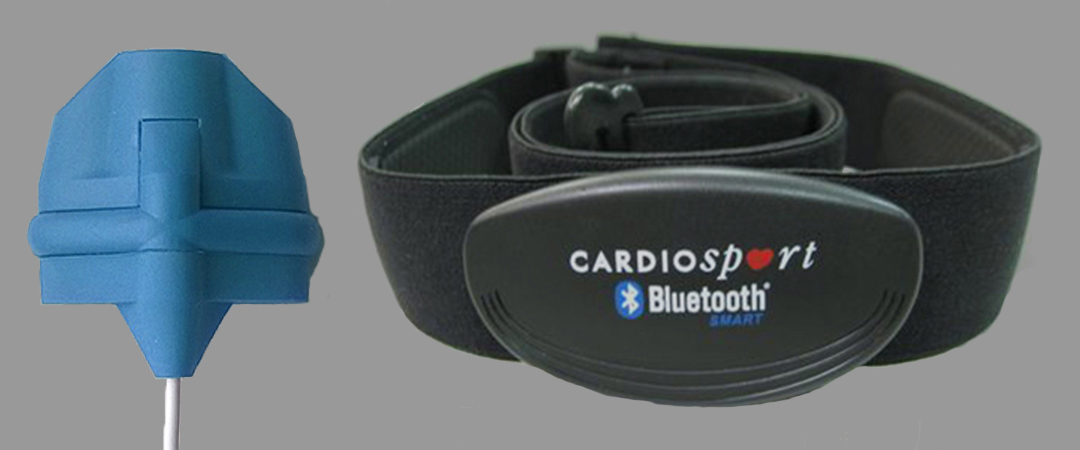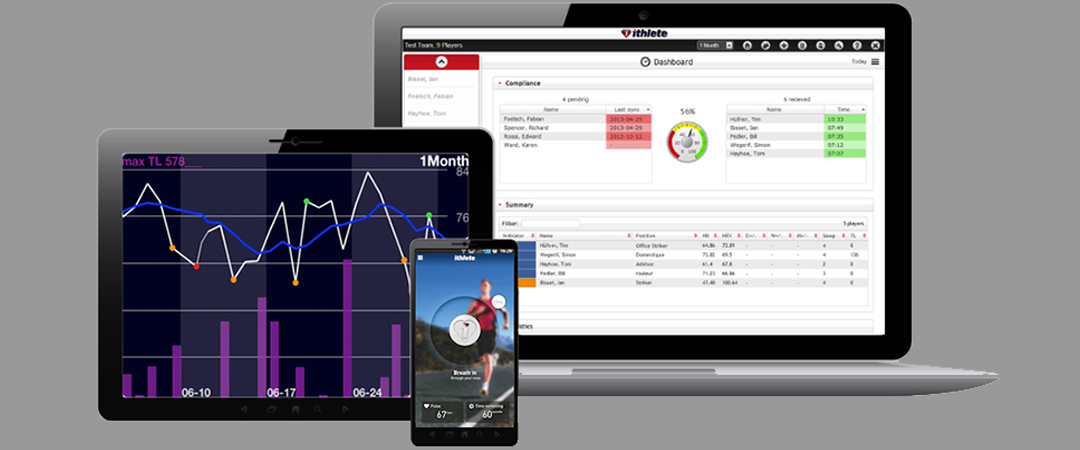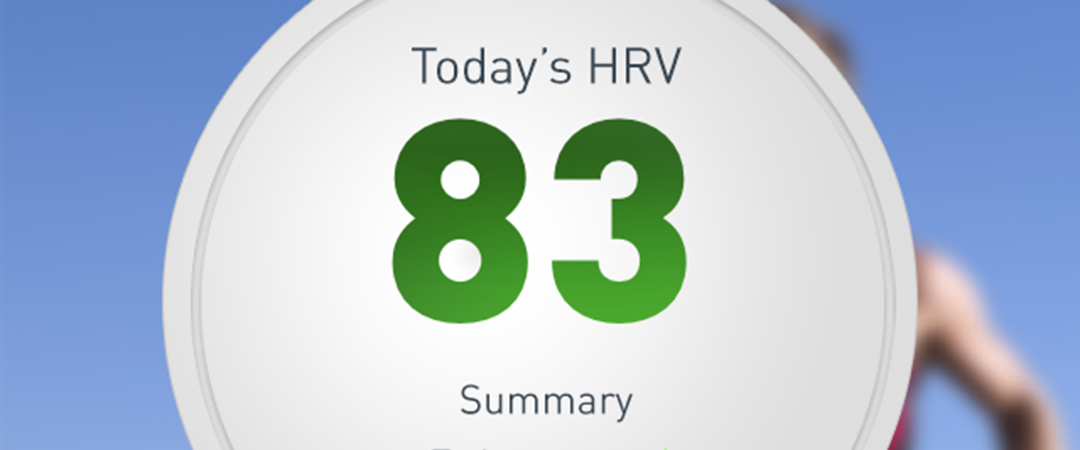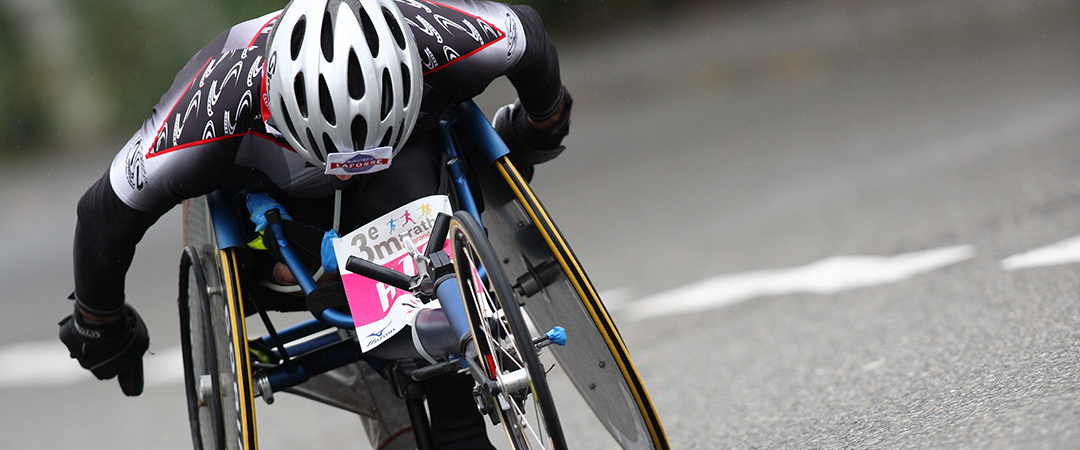The ithlete blog
Welcome to the ithlete blog, the central place to get the latest company news, read real user stories, get our take on heart rate variability news and research, get top tips on using ithlete and share your thoughts.
If you are looking for something in particular you can use the category sections, popular tags or the site search bar to jump right to what you need.
Featured post
No Results Found
The page you requested could not be found. Try refining your search, or use the navigation above to locate the post.

Simon Wegerif’s Polarised Training Challenge part 6
We're now 10 weeks in to the Polarised Training Challenge and I think it's time to take stock of what we have achieved in performance terms. The table below summarises performance at two recent 'test' events: Both of these are 100 mile (approx) cyclo sportive events...
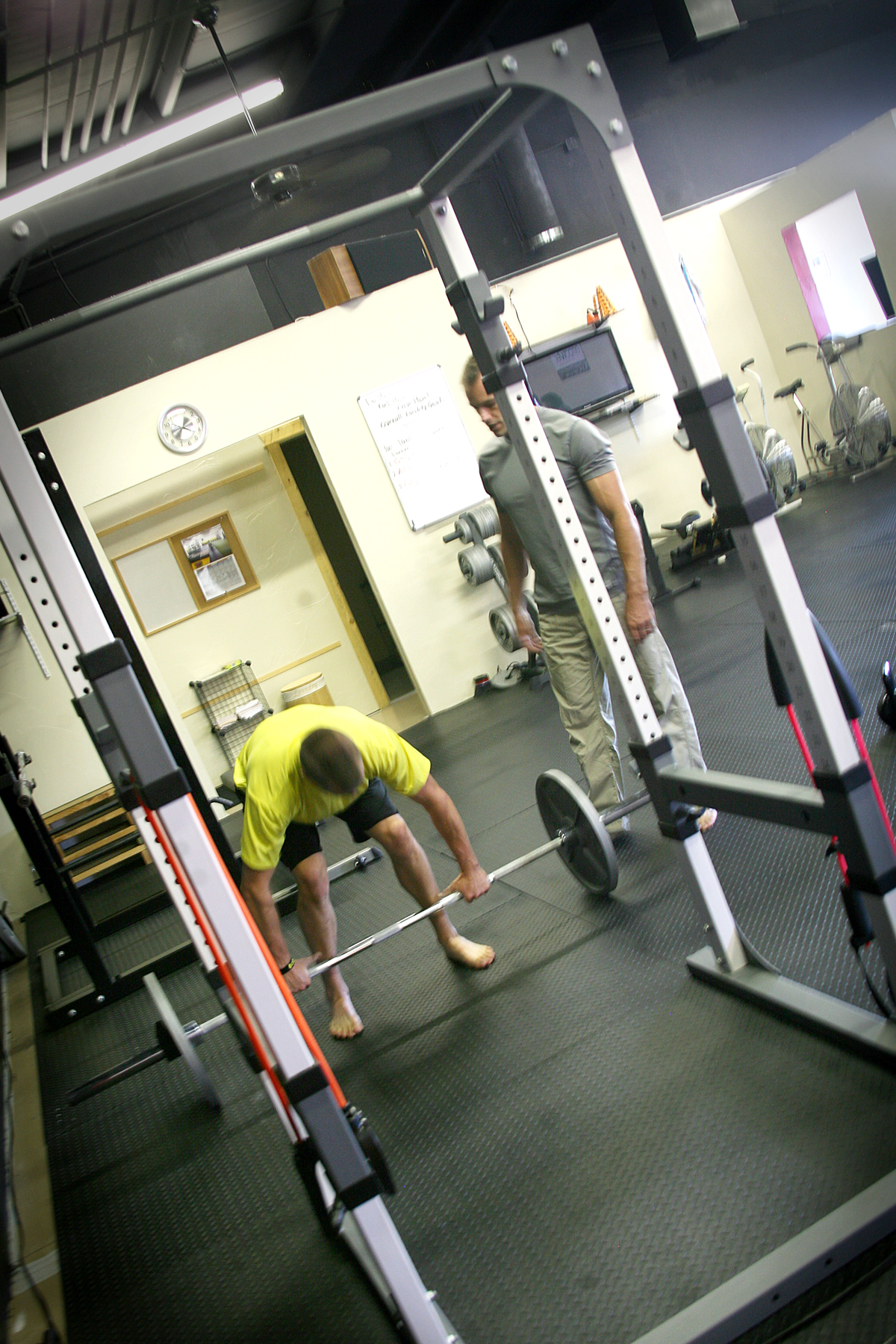
MTB Strength Training Systems Recommends ithlete
Sometimes how you “feel” doesn’t accurately reflect the condition your body is really in and in these cases listening to your body can lead you in the wrong direction. Being successful with your training program over the long run is like a chess match, and without...

Do fish oil supplements improve heart rate variability?
Simon Wegerif, Creator of ithlete takes a look at the latest research in to the benefits on taking fish oil supplements and how this improves heart rate variability.

Training Impulse Workshop
On Wednesday 22nd May ithlete will join Training Impulse founder Dr Ibrahim Akubat on his workshop entitled "Training Load Monitoring in Team Sports" at the home of the Bradford Bulls. The workshop will several cover topics including; The history and development of...

Simon Wegerif’s Polarised Training Challenge Part 5
In this 4th update, I'd like to run through the preparation for the first real test of the season – the Hampshire Hilly Hundred – a course designed to make the most of the rolling countryside of north Hampshire. The section of chart below is my heart rate variability...
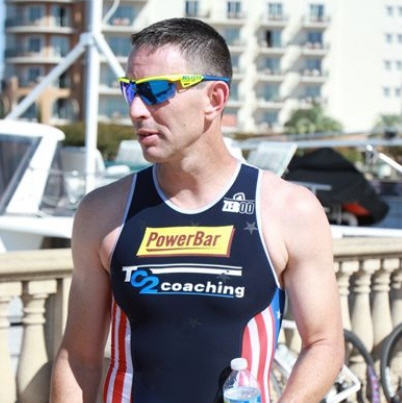
Tim Crowley on Coaching with HRV
By Tim Crowley I have been using heart rate variability in my own training for nearly 2 years. For the past year I have been using it with many of my athletes. This number is steadily increasing and by end of this year I will make HRV a requirement for all athletes I...
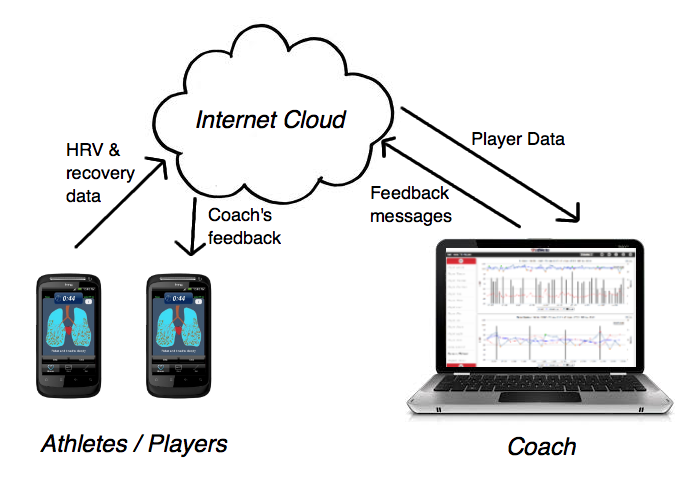
Introducing the ithlete Team App
What is the ithlete Team App? Heart rate variability (HRV) is an objective method for assessing the effects of stress on your body, making it the most accurate fatigue and recovery metric available. It is measured as the time gap between your heart beats that varies...

Simon Wegerif’s Polarised Training Challenge Part 4
In this 4th update I'd like to focus on my training discipline (or rather the lack of it so far). This has probably been the hardest aspect for me about adopting a polarised training program. Having spent 20+ years riding as 'hard' as I can whenever I get the time,...

HRV Research Summary: Dr Martin Buchheit, HRV & predicting performance
Simon Wegerif, Creator of ithlete takes a look at heart rate variability leading expert Dr Martin Buchheit’s research, HRV as an indication of running performance.

Simon Wegerif’s Polarised Training Challenge Part 3
Not so much to report this time, since last week I was struggling with the tooth problem and the general malaise that accompanied it! However, Friday was the last day of the antibiotics and I was hopeful that I would be well enough to do a planned 86 mile ride with...
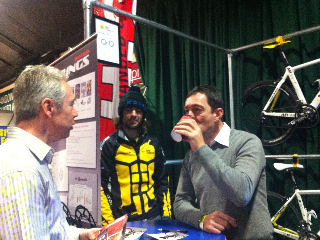
A look back at the Triathlon Show
Back in March we visited the Triathlon Show at Sandown Park, London. The whole weekend was a great success and the ithlete team thoroughly enjoyed the experience. We got to talk with many ithlete users and athletes interested in heart rate variability, have a look...
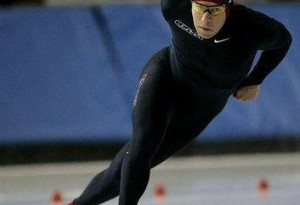
Bruce Conner on Overtraining
I have a tendency to overtrain I know a lot of highly motived people who do. Hard training can be very addictive. I have had three distinct times in my life where I have physically overtrained. The first was when I was 19. Back in the fall of 1975 I went to the...

Simon Wegerif’s Polarised Training Challenge Part 2
Polarised Training – the first weeks As promised, here is the first update on my progress having modified my training program from a 'ride fairly hard fairly often' to a program where I try to ride either below aerobic threshold (in my case a heart rate of 145 bpm)...

Simon Wegerif
About me Hello, my name is Simon Wegerif, I'm a biomedical engineer and inventor who lives with my family in the beautiful New Forest in Hampshire, UK. My professional background is in signal processing, having been a pioneer of digital broadcasting at the BBC in...

Heart Rate Variability (HRV) & Diabetes
Recent studies have identified a possible link between heart rate variability (HRV) and diabetes or glucose intolerance. Summary by Frances Wensley
Want to know more about ithlete?
Follow these four easy steps to get started with ithlete today!
Choose a heart rate sensor
To measure heart rate variability (HRV) with ithlete you’ll need a heart rate sensor. You have the option to use an ithlete finger sensor or chest strap monitor. If you have a recent iPhone, iPad or Android device you may like to use our Bluetooth Smart chest strap monitor, or alternatively grab a Polar type analogue strap (we also offer one of these) and an ithlete ECG receiver to pick up the signal. Visit the ithlete store to find your preferred sensor.
Download the ithlete app
ithlete is available on both iOS and Android devices and can be downloaded from the App Store or Google Play. If you do want to check your model of smartphone or tablet is compatible check our FAQ page.
One minute daily measurement
After waking each morning relax and sit comfortably, slip on a chest strap or finger sensor and follow the on screen instructions to get an accurate reading of your heart rate variability. Taking the measurement couldn’t be simpler and in 60 seconds you will have a personalised training recommendation for the day.
Reap the benefits of training with ithlete
The idea is quite simple. Training is all about stress and recovery. A hard session, lack of sleep, mental stress etc. will lower your number. If your reading drops significantly, take this as an early warning that you are overloading the system. On the other hand a high score lets you know you should make the most out of the day. Benefits of this include avoiding overtraining, workout optimisation, guilt free rest days, improved performance and much more!

